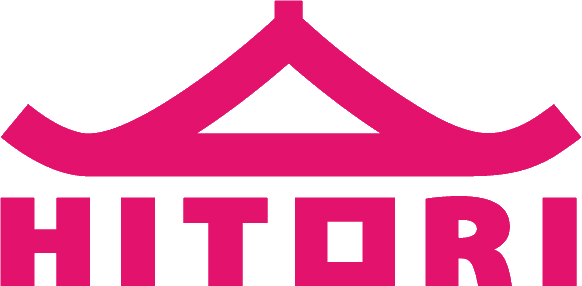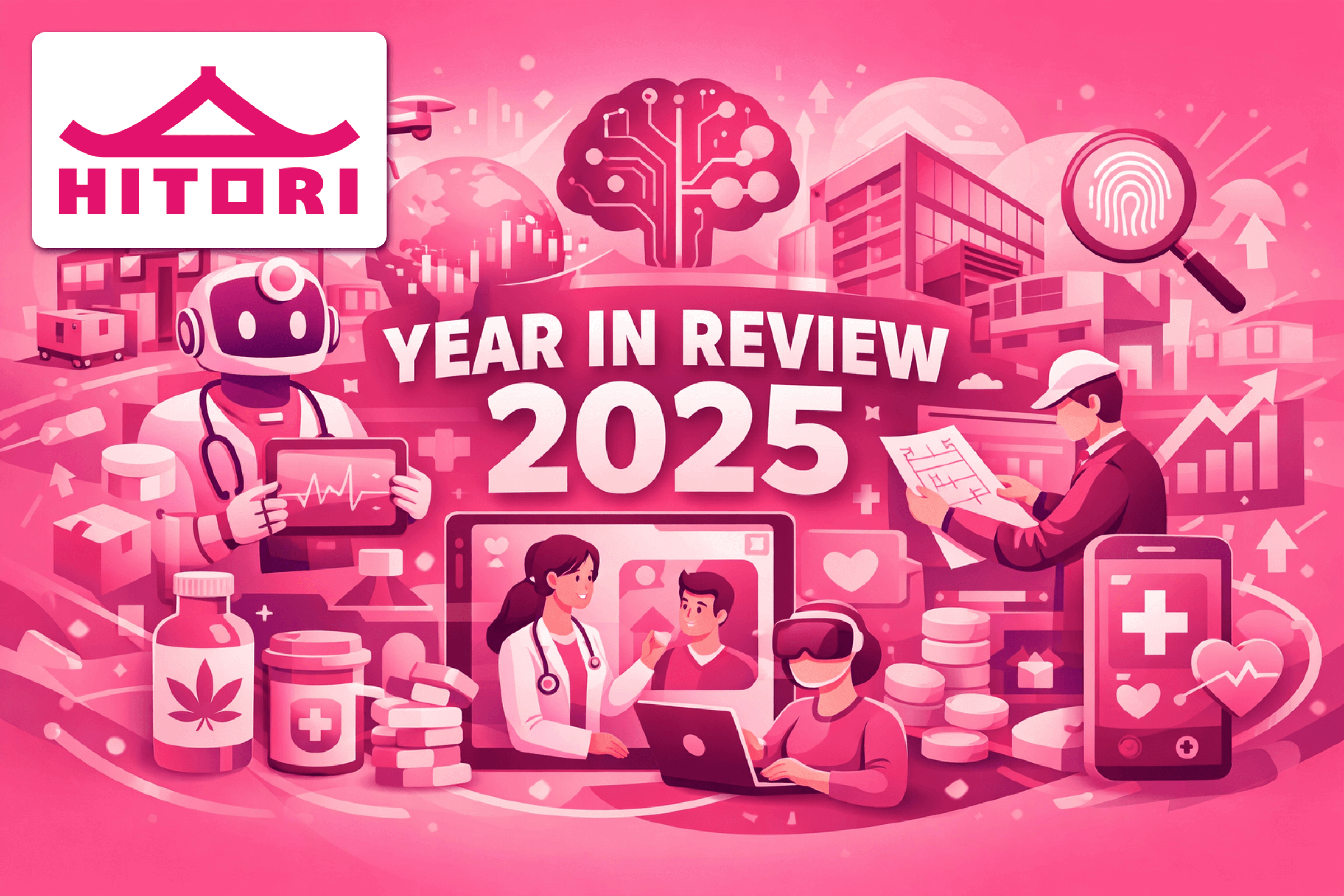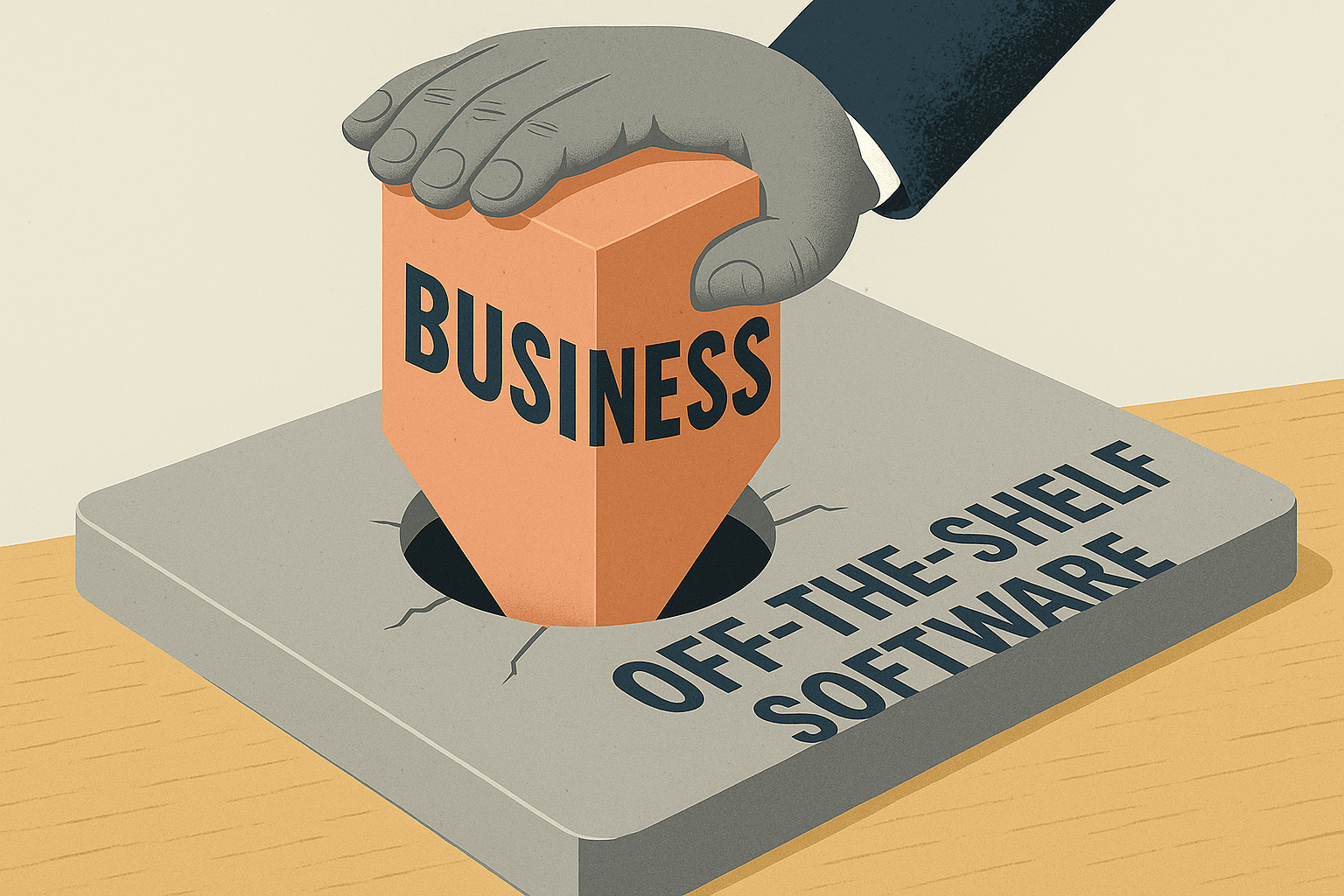What is Digital Automation?
Digital Automation and RPA software can be used in a wide variety of settings and is applicable to and can be implemented in almost any industry.
At its core, digital automation focuses on automating tasks that currently involve human interaction. Some examples include; generating reports from data (PDFs, Excel/Word docs etc), updating product or pricing information, sending emails or text messages, contacting users or customers based on engagement (or lack thereof) or sending invoices, reports, reminders.

Digital Automation and Robotic Process Automation (RPA) can be used to remove the need for human involvement where repetitive (and usually tedious) hands on manual work is currently needed; think aggregating data, creating excel spreadsheets, updating prices manually in websites/catalogues etc.
Most of the digital automation we do also includes integrating with other 3rd-party API’s (SQL databases, Salesforce, SAP, CRM’s etc) and a wide variety of cloud &/or desktop based software.
Robotic Process Automation (RPA) has revolutionised the way businesses operate by automating repetitive, time-consuming tasks. RPA tools like OpenAI, ChatGPT, UiPath, and Power Automate have become increasingly popular due to their ability to streamline business processes, reduce errors, and increase efficiency.
OpenAI is an advanced artificial intelligence platform that offers cutting-edge RPA solutions. It leverages deep learning models and natural language processing to automate complex business processes. With OpenAI, businesses can automate tasks like data entry, document processing, and customer service, allowing employees to focus on higher-level tasks that require human input.
ChatGPT is a language model developed by OpenAI that can be used for RPA purposes. It can understand and respond to natural language queries, making it an ideal tool for automating customer service interactions. With ChatGPT, businesses can create chatbots that can assist customers 24/7, reducing the workload on human customer service representatives.
UiPath is another popular RPA tool that offers a range of automation solutions, from simple task automation to complex end-to-end process automation. Its drag-and-drop interface makes it easy to create automation workflows without the need for coding expertise. UiPath also offers intelligent automation capabilities that can learn from human actions to make better decisions and improve efficiency over time.
Power Automate, formerly known as Microsoft Flow, is an RPA tool that integrates seamlessly with Microsoft Office 365 and other Microsoft apps. With Power Automate, businesses can automate workflows across multiple apps and services, reducing manual work and increasing productivity. Its user-friendly interface allows users to create custom workflows without coding, making it accessible to a wider range of users.
Python is a popular programming language that is widely used in the field of RPA. Python has a wide range of libraries and frameworks that make it easy to automate tasks and build intelligent automation solutions.
One popular library used in RPA with Python is called “Robot Framework”. It is a generic test automation framework that can be used for RPA purposes, enabling users to automate tasks across various applications and systems. Robot Framework has a simple syntax that allows users to write test cases in a clear and concise way, and it also has a large community of developers who contribute to its development.
Python can also be used with other RPA tools like UiPath and Automation Anywhere, allowing users to build custom activities and extensions using Python scripts. This can enable users to create more complex automation solutions that leverage the power of Python’s machine learning and artificial intelligence capabilities.
Python is a powerful tool in the field of RPA that can be used to automate tasks, build intelligent automation solutions, and customize existing RPA tools. Its flexibility, ease of use, and powerful libraries make it a popular choice among developers and RPA practitioners alike.
Overall, Python and RPA tools like OpenAI, ChatGPT, UiPath, and Power Automate offer businesses powerful automation solutions that can streamline their operations and increase efficiency. With the right RPA tool, businesses can reduce costs, improve accuracy, and free up employees to focus on higher-value work.
There is likely many areas in which your business/enterprise can benefit from automation to allow you to re-delegate and focus your time on more important tasks, can you think of any? If so contact us today, we’d love to help.
This article was originally posted on Medium as What is Digital Automation?




